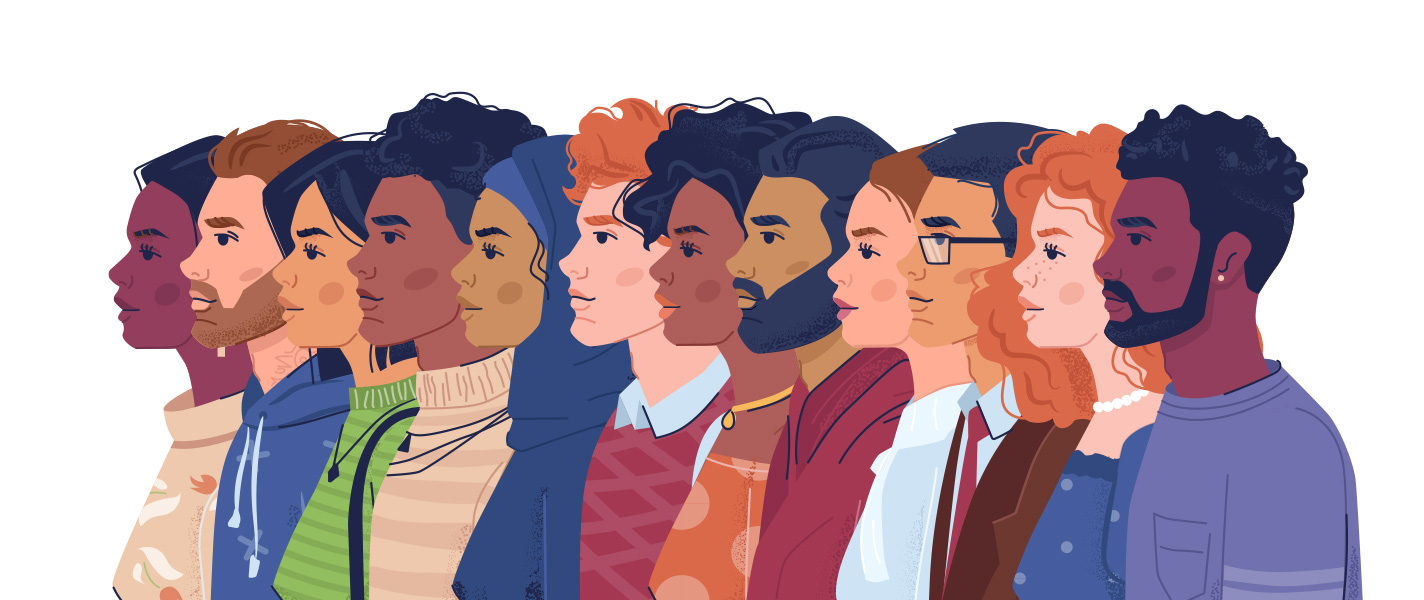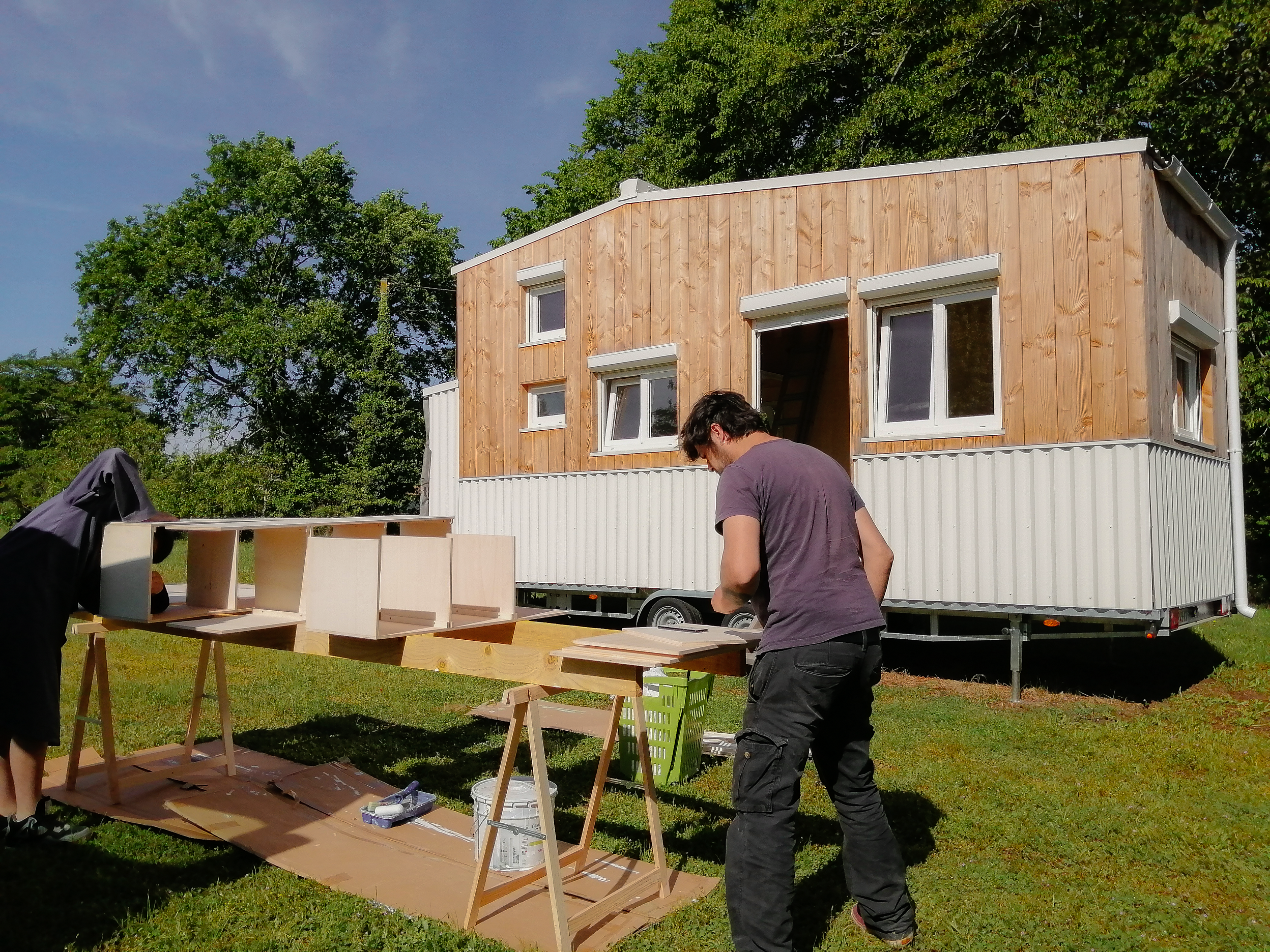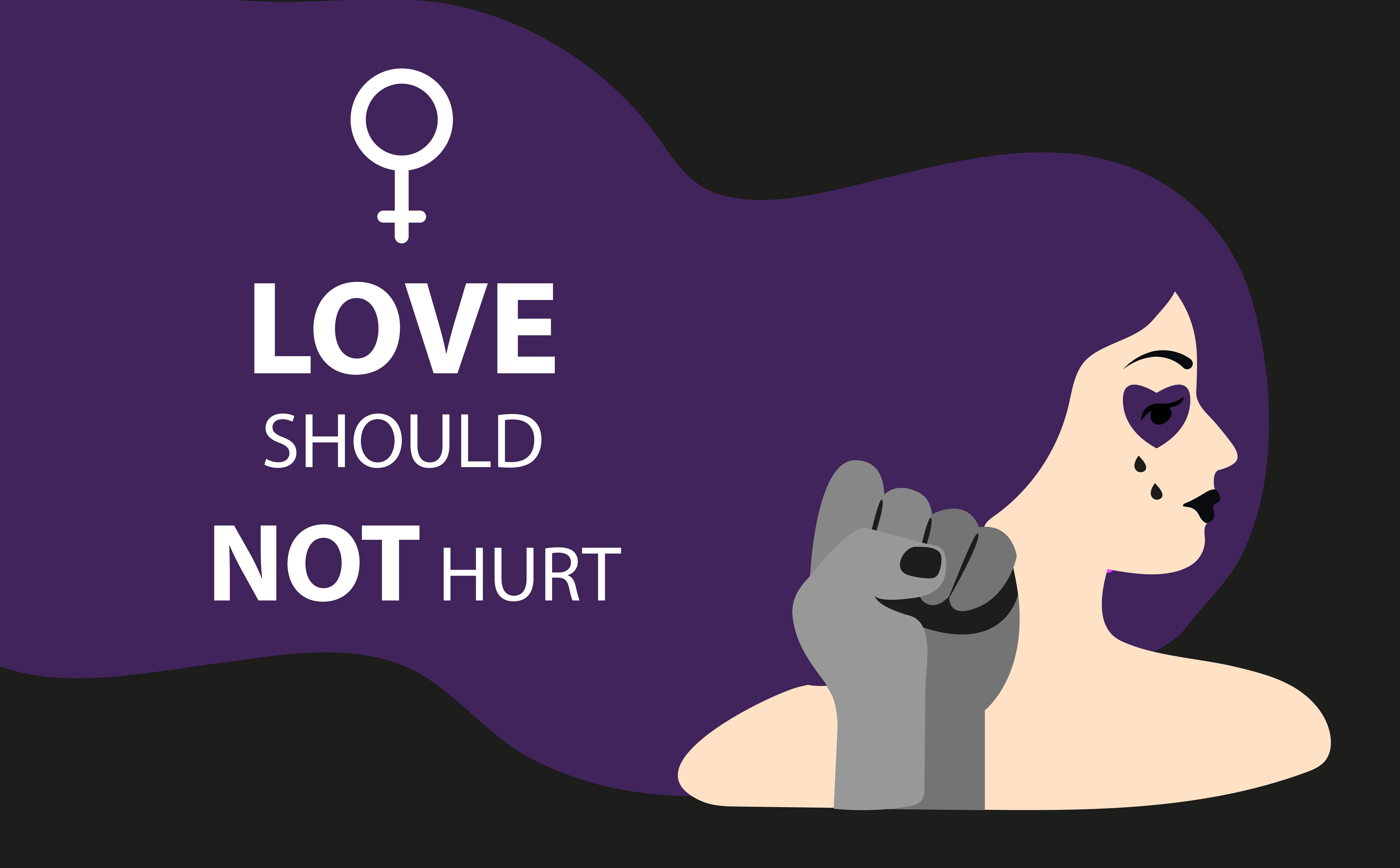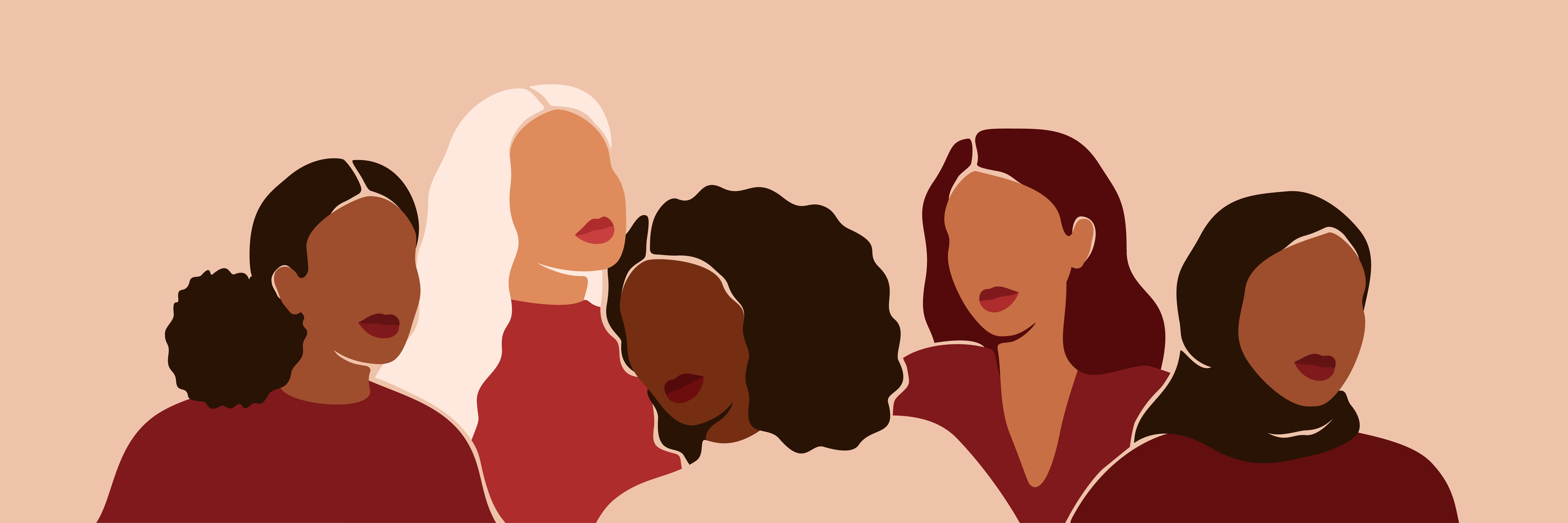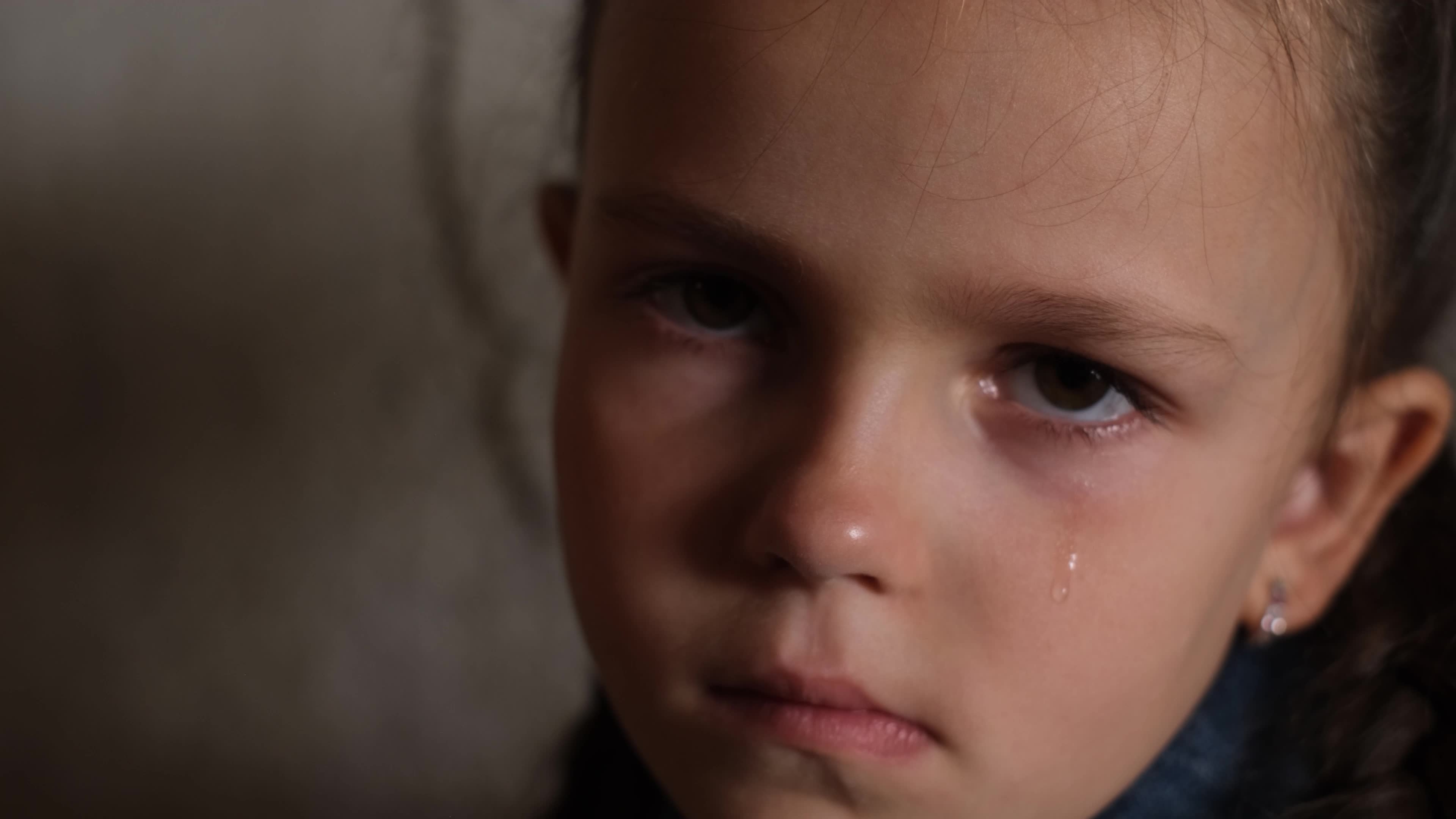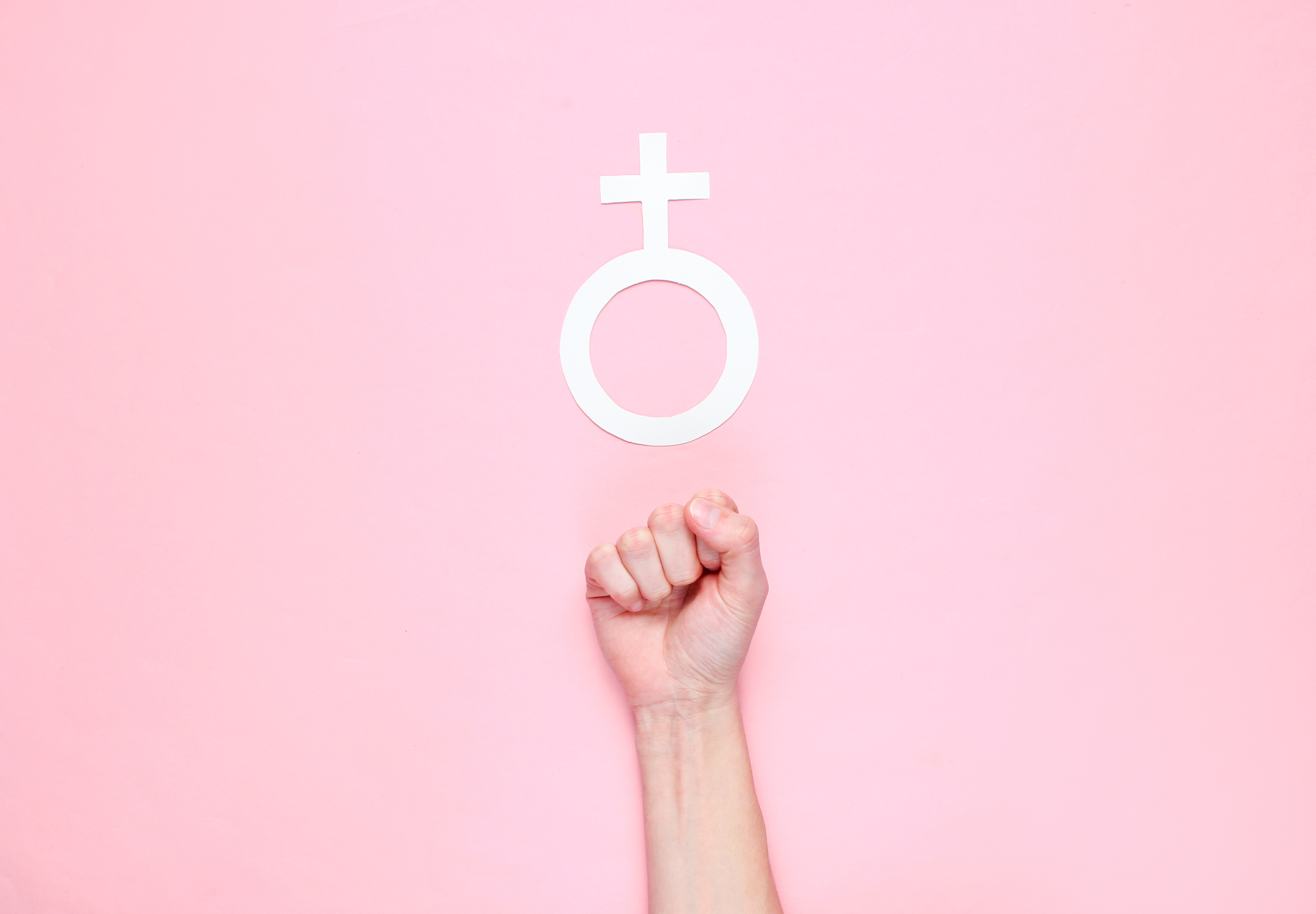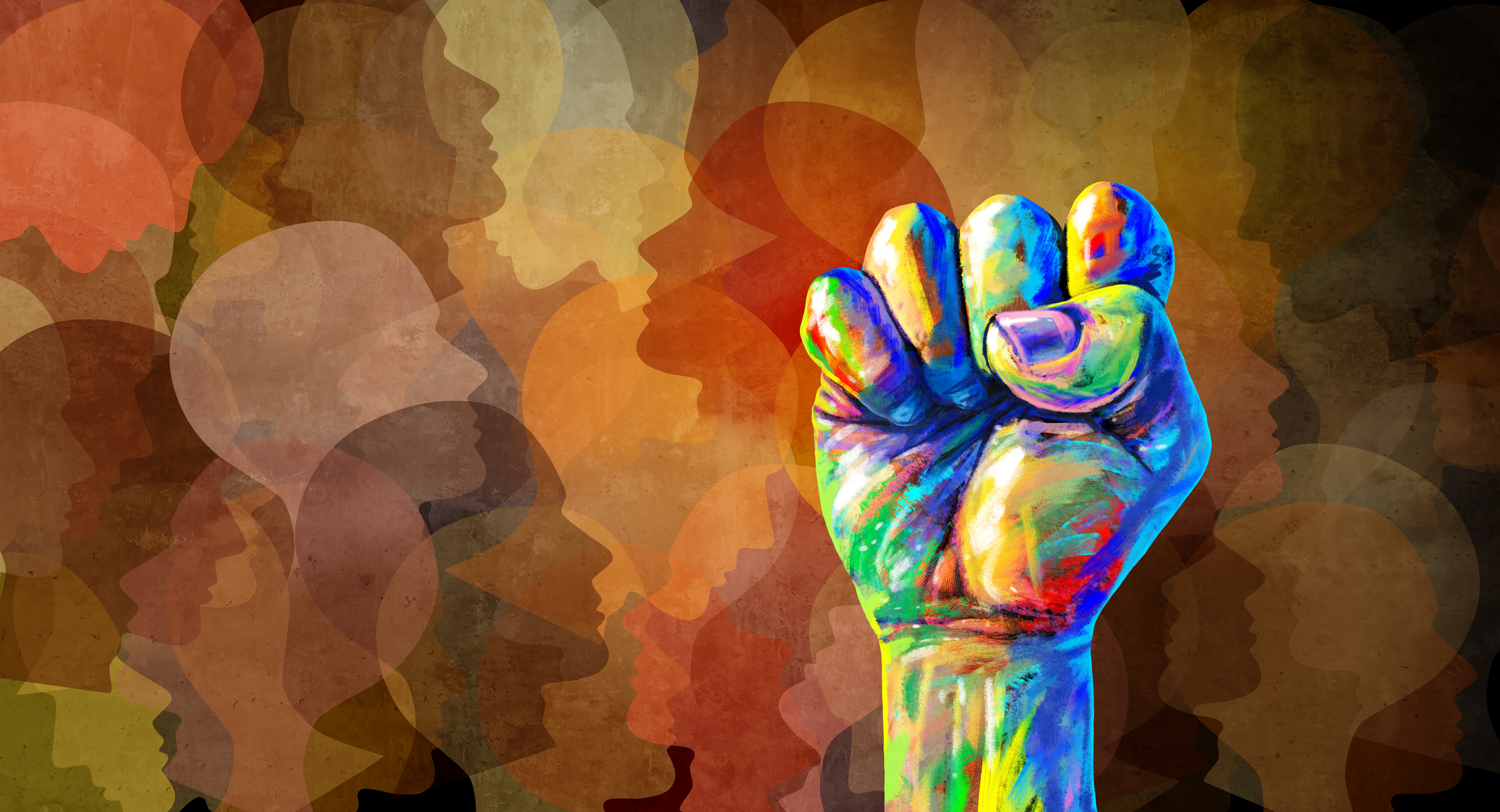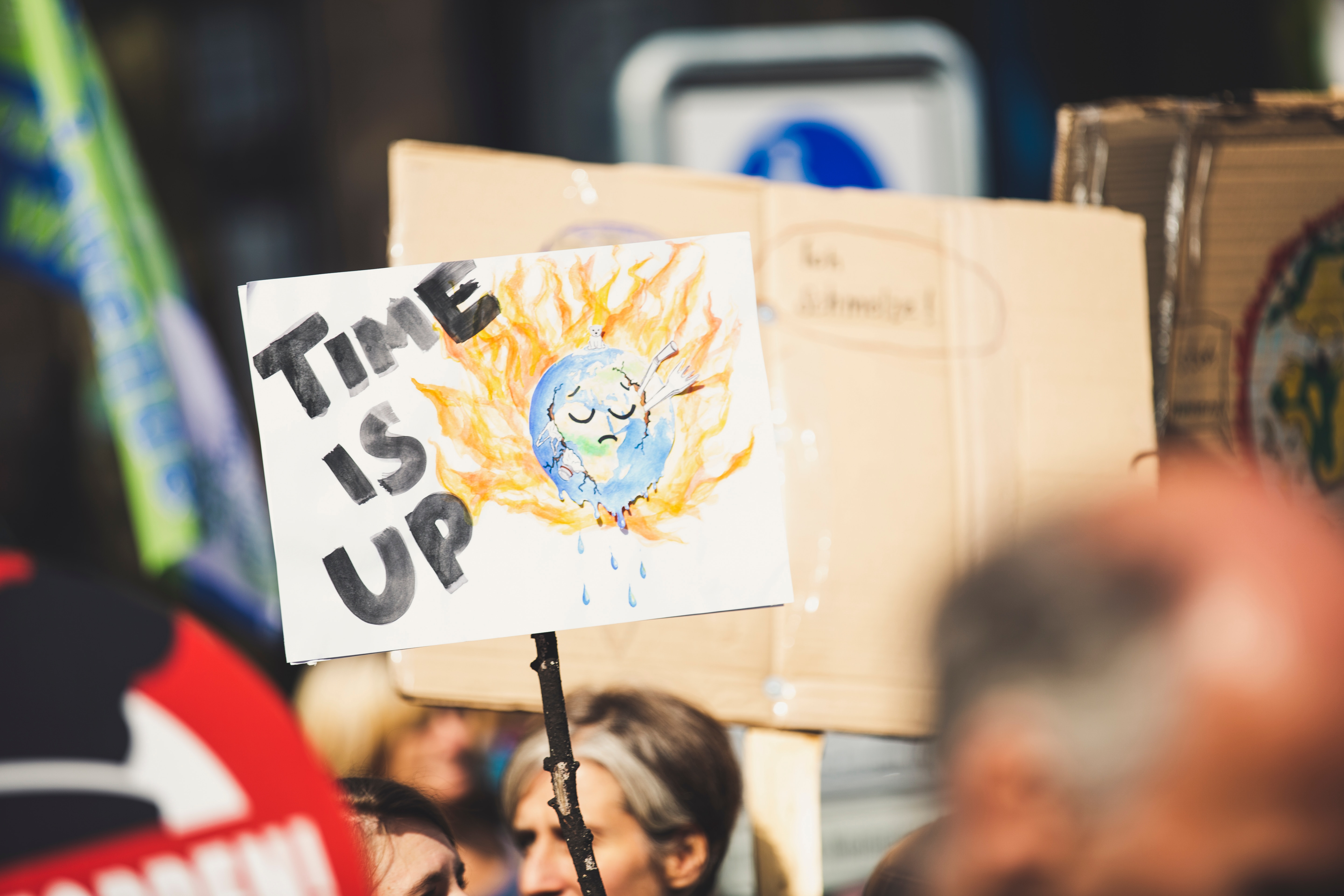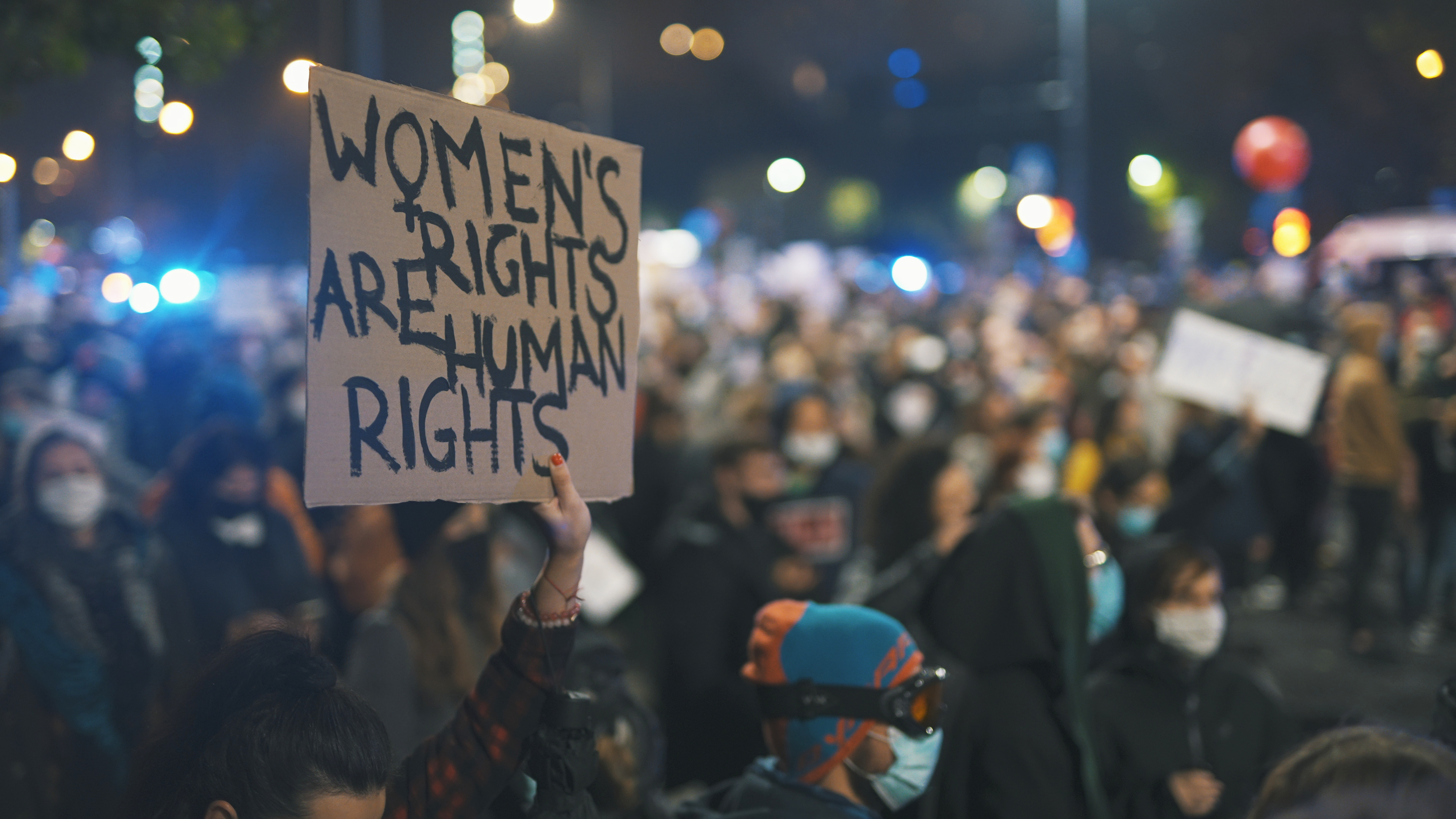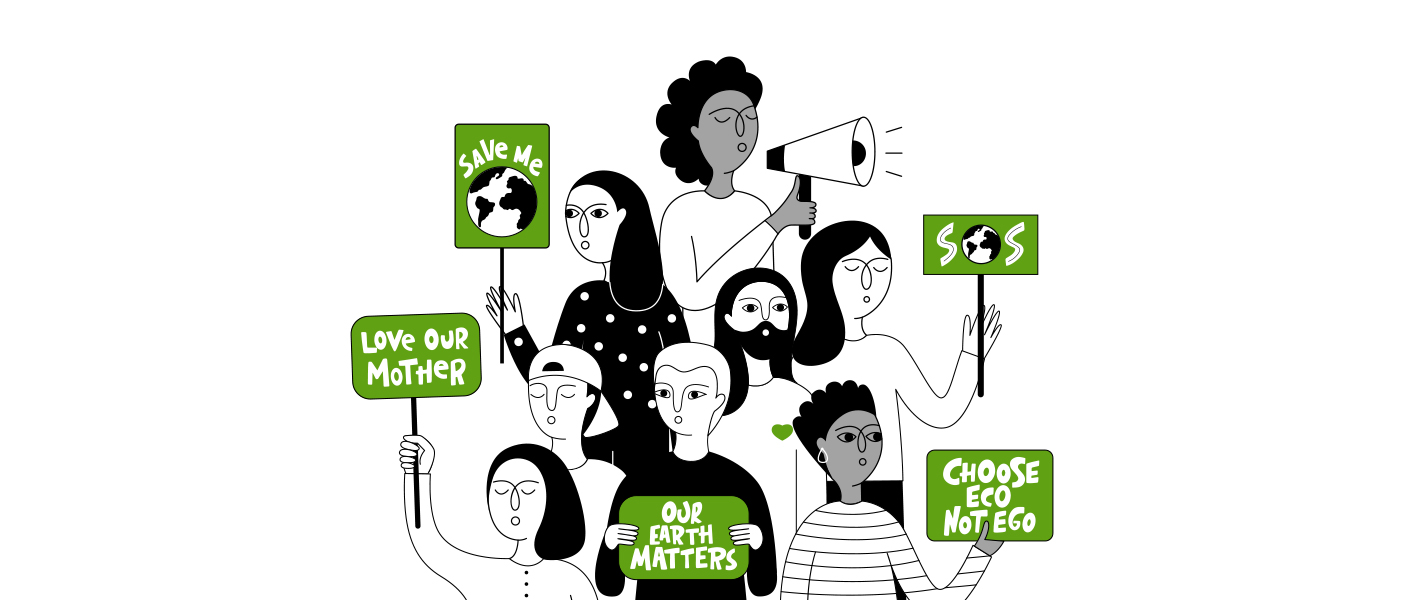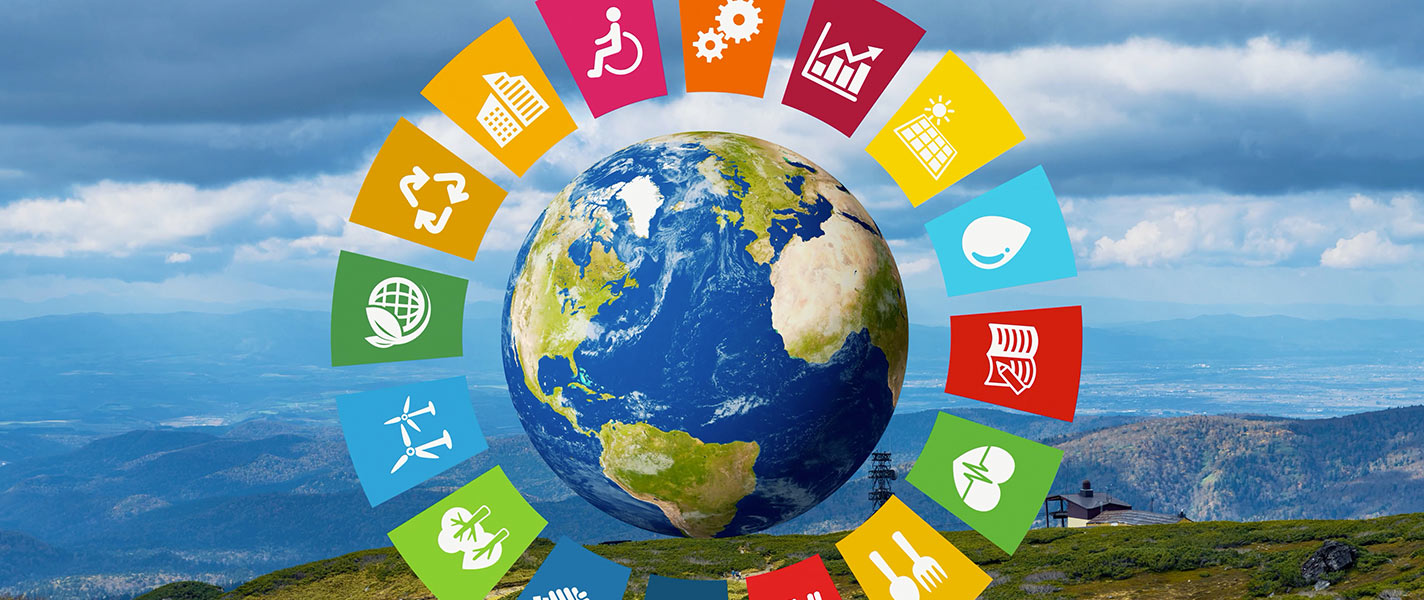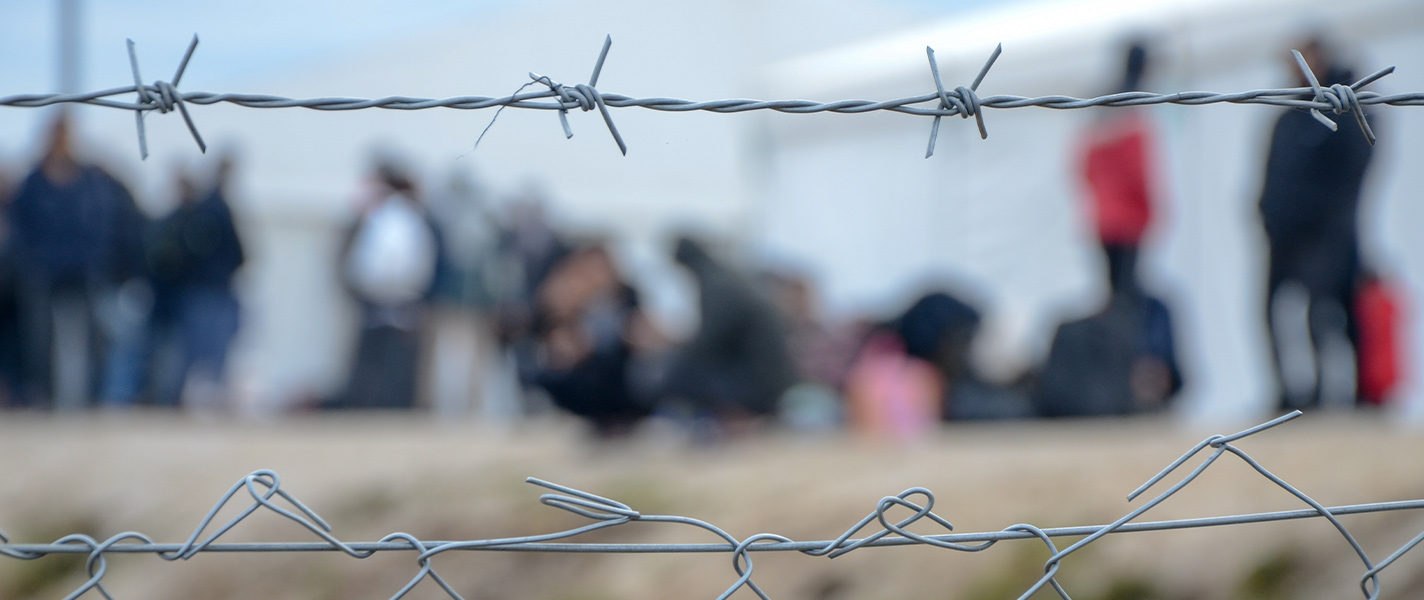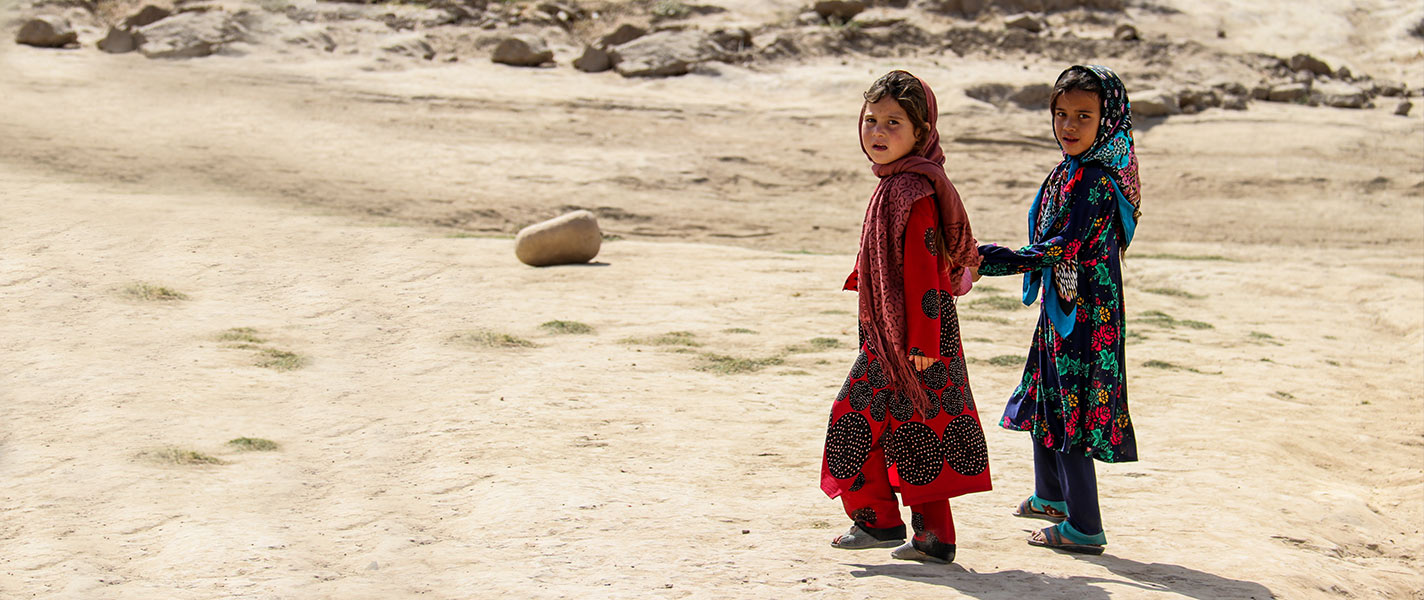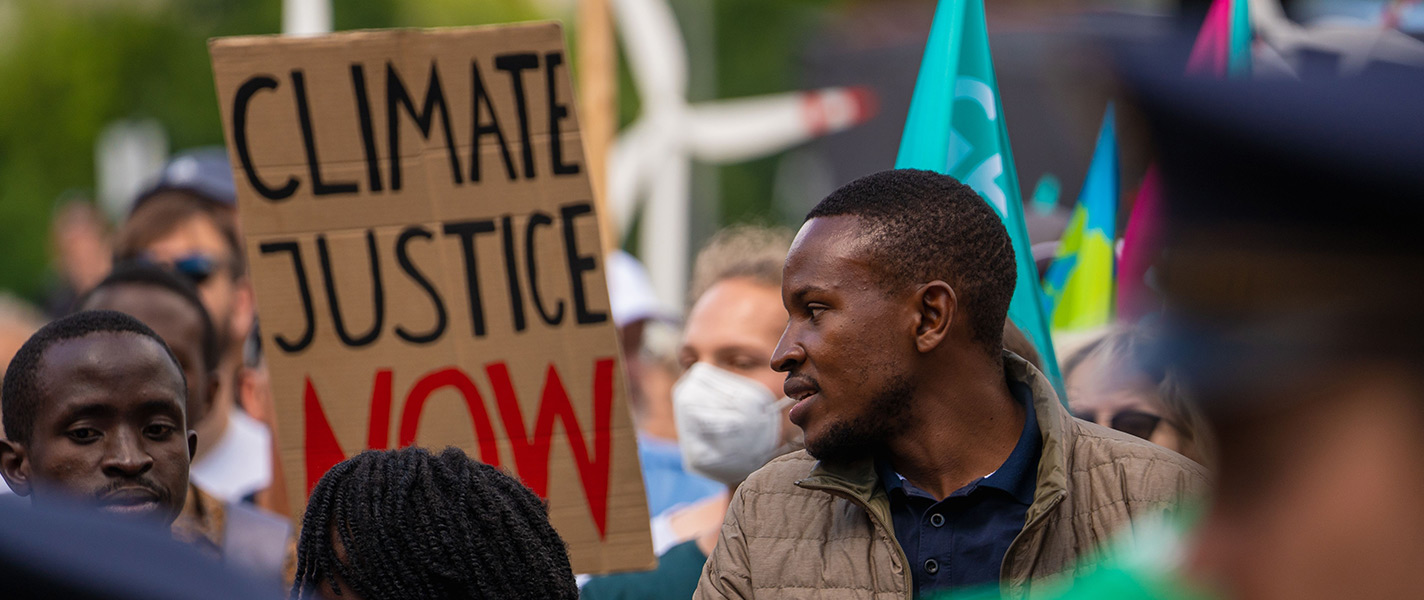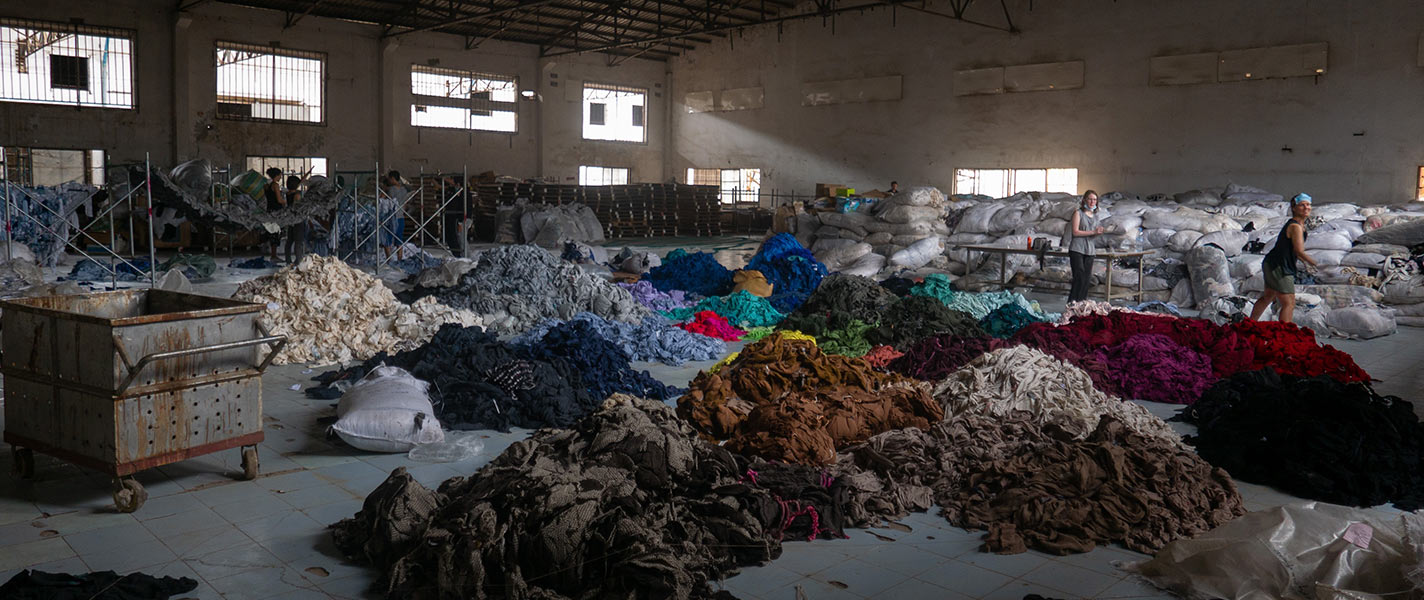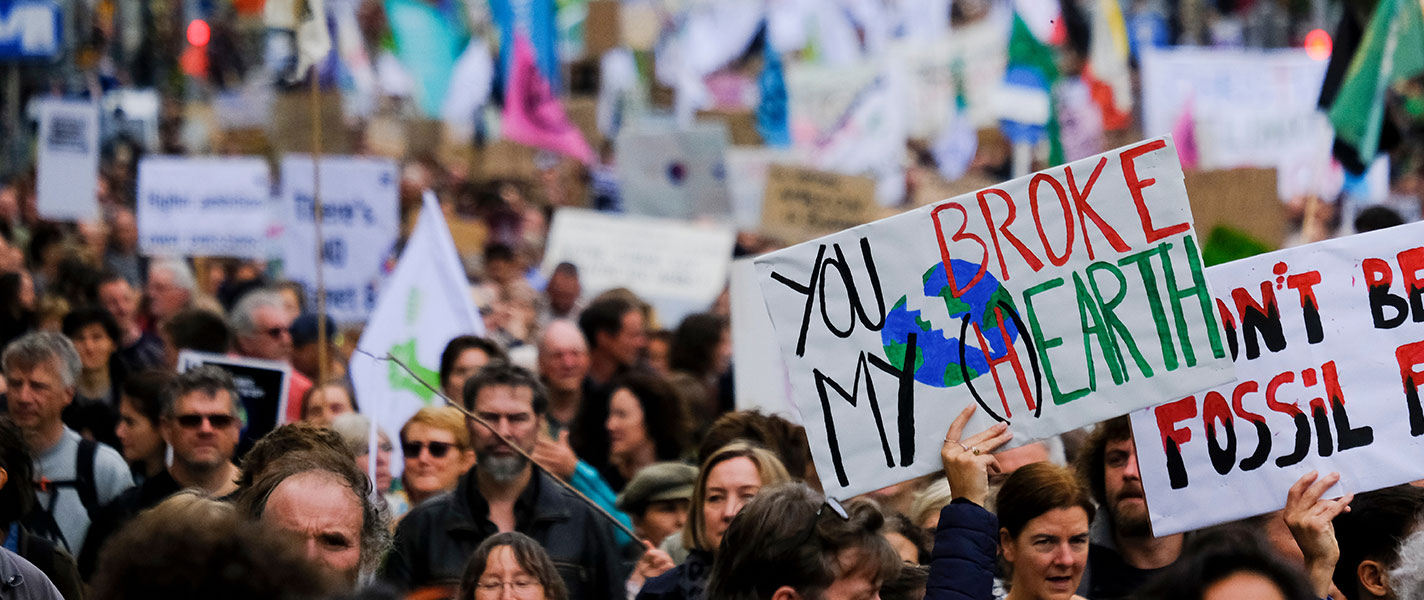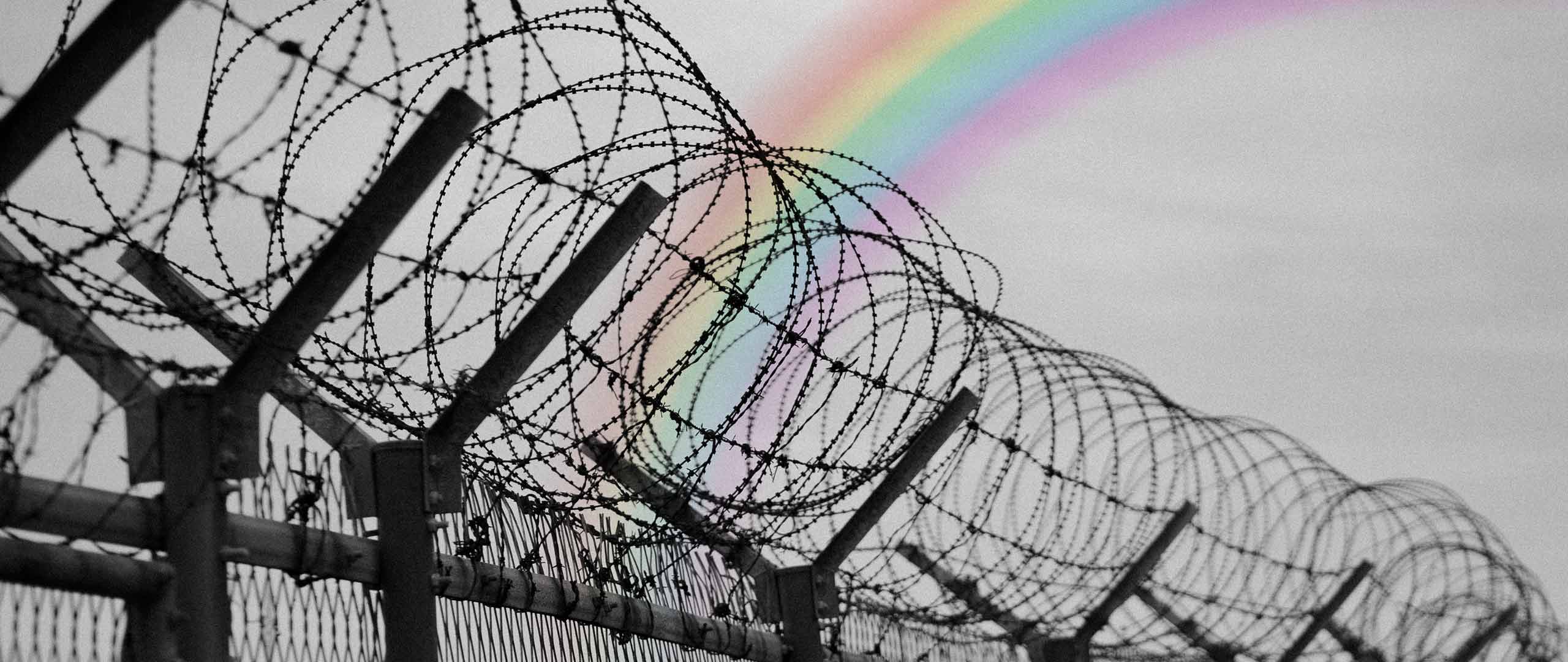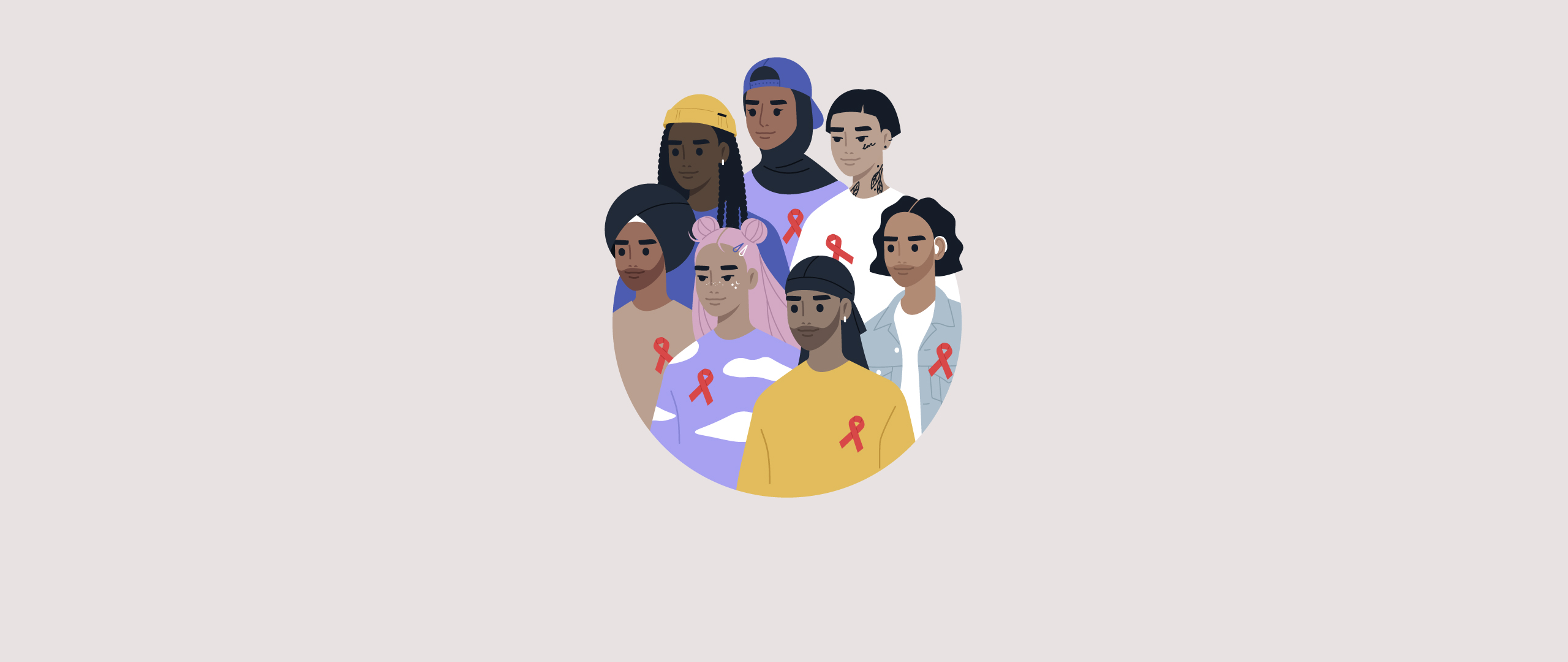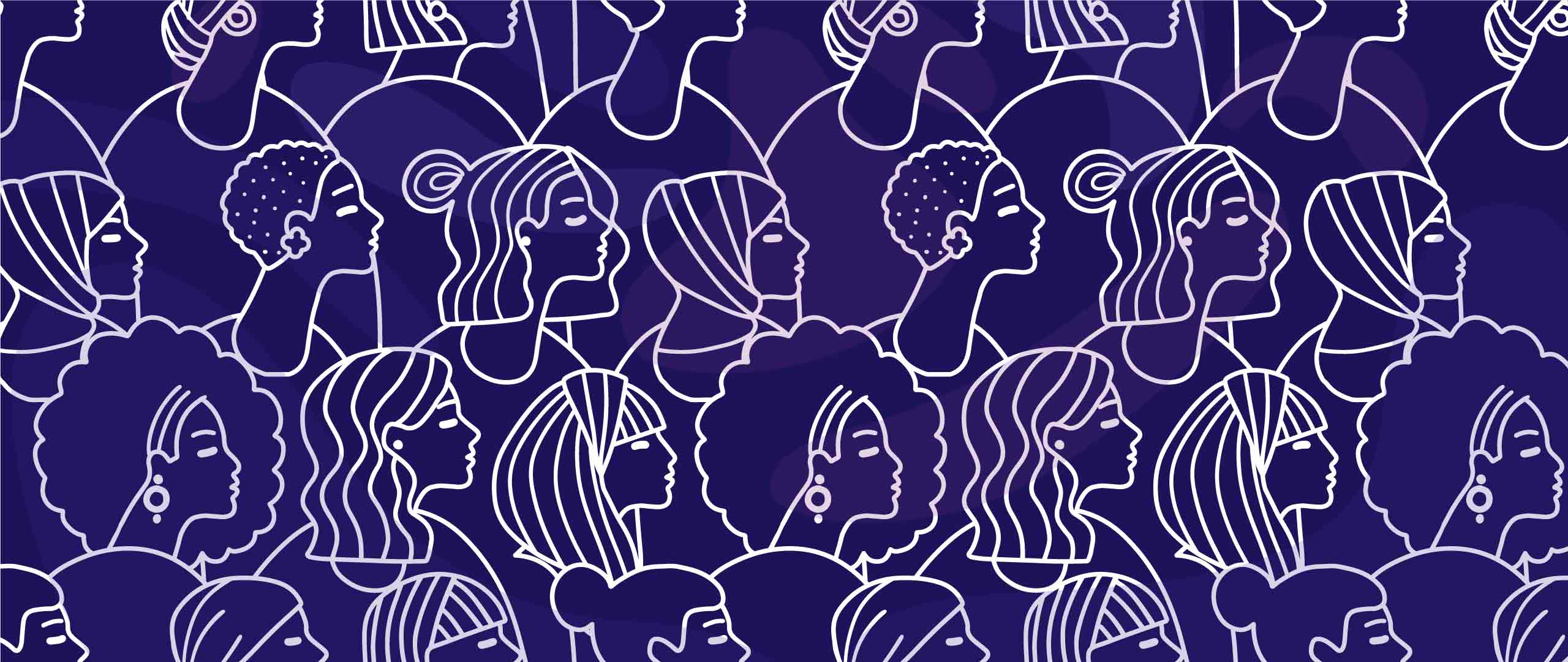Advancing Human Rights, Advancing SRHR
LEED Initiative joins the celebrations for Human Rights Day, commemorating the adoption of one of the first major international instruments affirming individual rights.
Human Rights Day is celebrated every year on 10 December, the day on which the United Nations General Assembly adopted the Universal Declaration of Human Rights in 1948. Even though this historic document affirms universal recognition of certain values that are necessary to human flourishing by conceptualizing them as rights; it is not self-executing nor legally binding. Put differently, the content of this declaration has permeated hundreds of international conventions, and agreements in addition to domestic laws of various countries; nonetheless, it does not provide any sort of framework for achieving them.
Human rights are considered certain basic or natural rights which are universal, essential and inalienable for the development of human personality and agency. In this light, women’s sexual and reproductive health and rights (SRHR) are of utmost importance as they constitute an integral part of women’s overall health. The latter is not only exclusively related to multiple essential human rights, including the right to a dignified life, the right to health and the right to privacy among others; but also, a means to sustain life-based on informed decisions and choices that women make on a daily basis.
Despite these obligations, violations of women’s sexual and reproductive health and rights remain presently and surprisingly frequent. They encompass but not only restricts to denial of access to services that only women require or poor-quality and invasive services to third party authorization, forced sterilization, forced virginity examinations and forced abortion without women’s prior full consent, female genital mutilation (FGM) and child marriage, among others. These violations are often due to deeply rooted and outdated beliefs and societal values surrounding women’s sexuality. In depth, patriarchal concepts of women’s roles within the family and the household respectively are often reduced to women’s fertility and ability to reproduce. At the other end of the spectrum, women are also blamed for infertility and turn into social pariahs.
Challenges Hindering the Fulfillment of SRHR in the MENA
These violations aforementioned fall under the Gender Based Violence umbrella with the legal frameworks addressing GBV in the Middle East and North Africa are still in form of scattered articles in the penal codes. For instance, the past decade has witnessed a major setback to the slow progress made in decreasing child marriage among conflict-affected and displaced populations. It is hard to grasp the reality that female genital mutilation is still viciously practiced in the MENA.
According to a 2020 study by the United Nations Children’s Fund on Female Genital Mutilation in the Middle East and North Africa, almost 50 million girls and women have undergone FGM in five practicing countries in the Middle East and North Africa, namely Egypt, Sudan, Djibouti, Iraq and Yemen. Data also points that 94% of women aged 15-49 have undergone FGM in Djibouti, 87% in Egypt, 87% in Sudan, 19% in Yemen, and 7% in Iraq. Needless to mention that knowledge about sexual and reproductive health services and access to adequate care have the utter power to improve the lives of women and men respectively. Therefore, it is crucial to raise awareness for SRHR and further inform people on the topic.
In conclusion, as the world continues to face new and serious challenges; conflicts, inequalities, pandemics, and climate change, the promise of the Universal Declaration of Human Rights remains a work in progress. And even though the MENA region witnessed noticeable progress in maternal health, leading to a decrease in maternal mortality ratios; advocating for the rights of young women and men to obtain information, skills and opportunities that will enable them to make informative decisions is the road to promote gender equality and stand against the forces of patriarchal retrenchment and retrogression.
